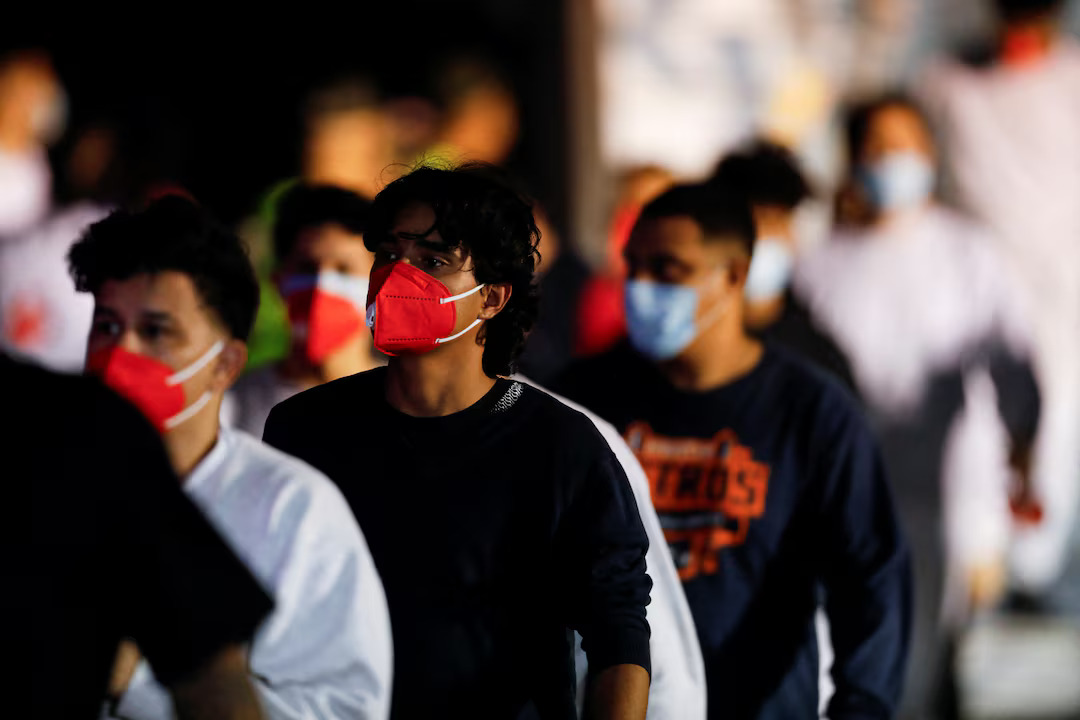A federal judge in Massachusetts has temporarily halted the Trump administration’s policy of deporting individuals to third countries where they are not nationals. U.S. District Court Judge Brian Murphy issued a temporary restraining order mandating that the government provide written notice and an opportunity for detainees to apply for protection before deportation.
This decision directly challenges the administration’s efforts to deport immigrants without due process, particularly those sent to countries where they have no ties.
Court Ruling Challenges Deportations and Highlights Violations of Immigrants’ Due Process Rights
The ruling strongly criticizes the Trump administration’s agreements with countries like El Salvador, where Venezuelan immigrants have been sent despite lacking connections. In previous cases, the government had deported individuals to third countries without prior notice or a legal avenue to contest their removal. This decision underscores the ongoing legal battles over the administration’s immigration policies, particularly those that violate due process rights.

If the administration complies with the judge’s order, mass deportations may be significantly slowed, providing temporary relief to affected immigrants. The government’s recent actions have targeted even legal immigrants whose visas were revoked, sweeping them up in large-scale deportation operations. Some deportations have been justified with weak reasoning, such as tattoos being misinterpreted as gang affiliations.
Flawed Deportation Cases Highlight Arbitrary Decisions and Lack of Due Process Protections
Several cases highlight the questionable basis for these deportations. One Venezuelan national was mistakenly sent to El Salvador due to a paperwork error, while another was deported because of a tattoo of a soccer ball, which was seen as evidence of gang ties. These examples illustrate the arbitrary and flawed nature of the administration’s deportation process, reinforcing concerns about the lack of due process. The judge’s ruling at least temporarily slows these actions while legal appeals continue.
The ruling raises questions about whether a more permanent legal rejection of the Trump administration’s immigration policies is forthcoming. As the legal battles continue, immigration advocates are hopeful that future court decisions will establish stronger protections against deportations to third countries. Meanwhile, political figures associated with these policies, such as Kristi Noem, may face scrutiny for their role in promoting controversial immigration enforcement strategies.


